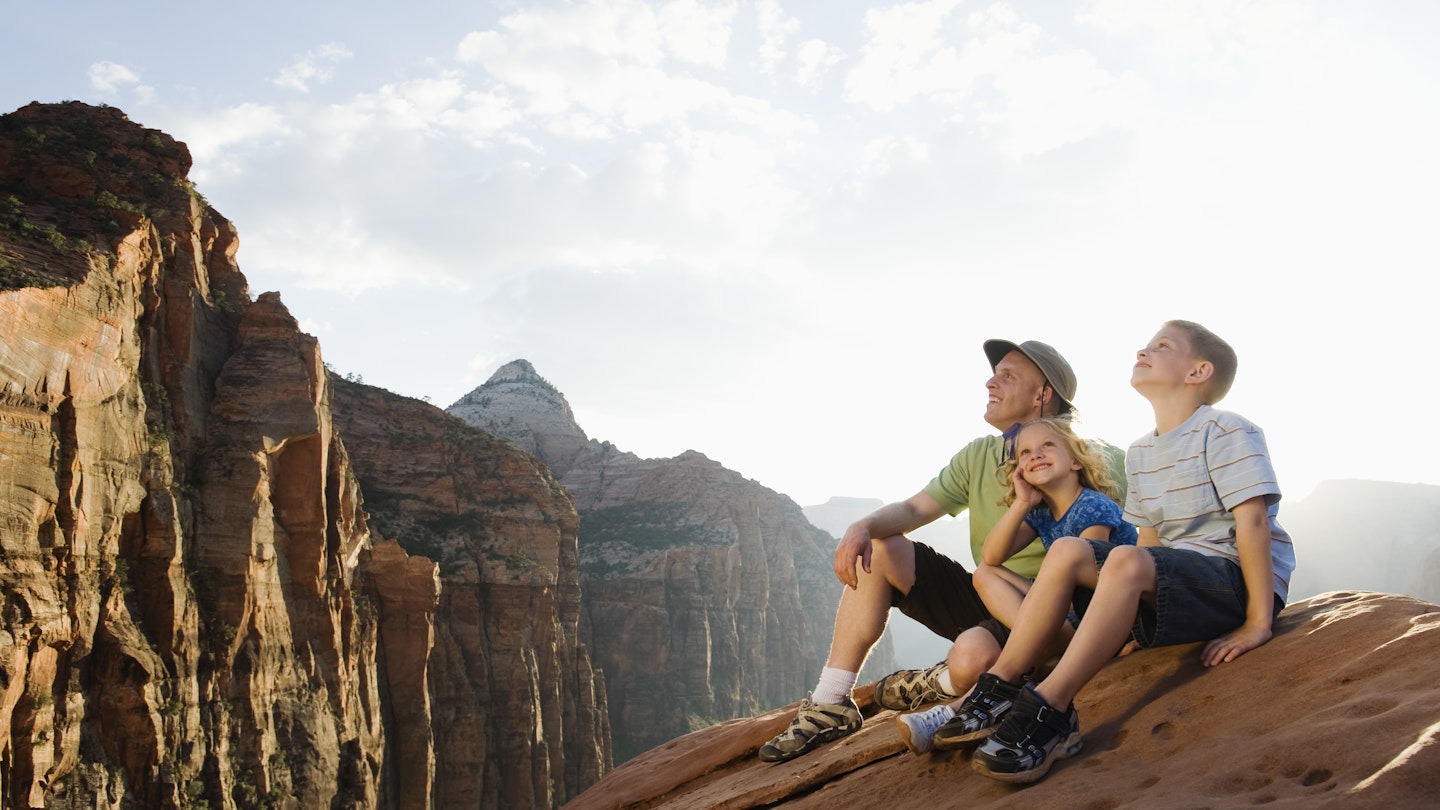
Hitting the road alone
Travelling solo with kids may initially seem like an oxymoron; how can one truly be alone with little ones in tow? However, many single-parent travellers know that this experience is a unique form of independence. Being a solo parent on the road can present unexpected challenges, but these hurdles can certainly be navigated. Interestingly, travelling alone with children often turns out to be even more rewarding than one might imagine.
Early nights
When following a child’s schedule, you’ll find that dinners tend to occur early, resulting in less crowded restaurants with no need for reservations. Many cultures embrace a dining-out culture that caters specifically to children, offering smaller portions of nutritious meals beyond the typical fare. In various locales, restaurant staff often display kindness towards children, occasionally rewarding them with special treats.
Evenings out can be challenging without a trustworthy sitter, especially after a day filled with activities. Children who go to bed early will wake up early, so rest whenever possible. If you seek some adult interaction, consider staying at accommodations with communal spaces, such as guesthouses or hostels. Engaging with fellow travellers can easily lead to interesting conversations about their experiences.

Managing sickness
Falling ill while travelling is always unfortunate, yet preparation is key. Before embarking on your journey, ensure your first-aid kit is fully stocked with essential medications for common ailments such as tummy bugs, cuts, or bruises.
While it may seem old-fashioned, having a phrasebook on hand during a medical emergency can be invaluable, especially in countries where you don’t speak the language. By pointing out symptoms and seeking help becomes easier. Moreover, ensure you are properly insured to cover any potential medical costs that arise.
In addition, prepare engaging rainy-day activities for those times when exploration isn’t feasible due to illness. Opting for accommodations that provide meals, particularly breakfast, is wise for days when you might feel unwell.
“Where’s your mother/father?”
Any parent who has travelled alone is likely familiar with this question. Having a concise backstory can help satisfy curious strangers. If you cross borders, expect more serious inquiries; you may need to carry your children’s birth certificates and a letter from their co-parent granting permission to travel.
While some inquiries stem from curiosity, it’s essential to remain respectful. Child protection concerns drive some questions, especially when explaining why you are on a bus from Liverpool to London without their mother. Responding courteously rather than defensively can help in these situations.
Exercise caution when it comes to sharing information on social media. It’s often advisable to delay sharing vacation photos until you return home, even if your account is private. If sharing, be judicious about the details disclosed; what may seem like a funny anecdote could cause concern for those not traveling with you.

Will I be lonely?
This question frequently arises for anyone considering a solo trip. The reality is both yes and no. There will inevitably be moments of solitude, even in the company of others, such as your children. Nevertheless, making new memories and sharing experiences creates lasting bonds and enriches connections.
Much to my surprise, during my travels with kids, I found strangers to be generally friendly and open—just as they are with solo travellers. Children often engage with one another effortlessly, playing games like tag or hide-and-seek without needing to communicate verbally.
Typically, adults, whether local residents or fellow travellers, are eager to assist, often offering help even when it’s not necessary. In societies where child-rearing is viewed as a collective responsibility, don’t be surprised if staff at guesthouses offer to watch your kids so you can enjoy a moment of peace.
However, be cautious in more traditional societies where solo parents—both mothers and fathers—might attract attention. In such contexts, you may serve as a curious oddity, and not always a welcome one.

New perspectives
Travelling can expose you to diverse parenting philosophies that challenge your own. For instance, during my trip to Hong Kong, I was surprised by how well-behaved children were, leading me to reflect on my own parenting style. Similarly, in Morocco, I encountered traditional views that advocated physical punishment for problematic behaviors, which contradicted my understanding from contemporary parenting guides.
Interestingly, my most rewarding experiences while travelling solo with children came from interactions with younger adults, who often embraced my children and me more than I anticipated. After a round of table tennis with my kids at a hostel in Australia, I was reminded that family life does not have to mean surrendering personal aspirations; people worldwide continue to travel and engage in diverse experiences regardless of parenting status.
Baby steps
If you’re eager to explore travelling with your children but not yet ready for a fully independent journey, consider joining group tours designed for families. These experiences can help you step outside your comfort zone while making new friends, so embrace the opportunity. Bon voyage!
This article was first published Feb 7, 2020, and updated Feb 17, 2020.




